ICBC: it’s time to bank on the future
Why ICBC should make a clean break from coal
© Image via Shutterstock
ICBC has made public sustainability pledges, including joining the UN Principles for Responsible Banking (PRB) and the Task Force on Climate-Related Financial Disclosures (TCFD).
But ICBC is also the biggest bank in climate-wrecking coal financing, combining underwriting and lending. From October 2018 – October 2020, ICBC financed a total of $40 billion to 77 coal companies in the value chain.
ICBC: it’s time to live up to your sustainability ambitions, and make a clean break from coal
© Image via unsplash.com
As the world’s biggest bank and global coal financier, ICBC is facing huge financial, reputational, and environmental risks.
Financial risks
Studies suggest that 60% of global coal power today is already uneconomic, and by 2030 building new renewables will be cheaper than continuing to operate 96% of the currently existing and planned coal power plants.
© Image via unsplash.com
© Image via unsplash.com
© Image via unsplash.com
Regulatory risks
As climate becomes a more central agenda of global diplomacy, climate policies are expected to play an exertive role on coal plant developers in the years ahead. ICBC’s overseas coal projects would be facing such regulation risk.
© Image via unsplash.com
Environmental risk
Coal is the most significant contributor to global climate change. The burning of coal is responsible for 44% of carbon dioxide emission worldwide from fossil fuel combustion and accounts for 72% of total CO2 emissions from the electricity and heat generation sector. Air pollution related health impacts cost $38 billion per year in China.
© Image via unsplash.com
© Image via unsplash.com
© Image via Pixabay
Reputational risks
To date, more than 140 globally significant financial institutions have announced coal exit policies. This leaves Chinese banks like ICBC the last “lender of last resort” to coal power projects around Asia. ICBC is being left behind in the coal divestment race.
© Credit
Local resistance: people around the world are demanding a clean energy future
© Credit
Vinh Tan 3 Coal Power Project
(1980 MW) Vietnam
The plant will increase cumulative premature deaths linked to air pollution over 30 years from 13,400 to 20,800, and threaten biodiversity through its deep-sea port construction and waste discharge.
© By Dids via Pexels
© Image via Pixabay
© Credit
Emba Hunutlu project
(1320MW) Turkey
The plant threatens local biodiversity and agriculture, is contrary to local law, and would be responsible for a projected 2,000 premature deaths in its operating lifetime.
© Credit
Sumsel-1 power plant
(600 MW) Indonesia
The project made little effort to inform the affected public and has created land acquisition issues that remain unresolved, as well as causing flooding and labour issues.
© By Todd Trapani via Pexels
© Image by Markus Distelrath via Pexels
© Credit
SSRL Thar Coal Block-I Shanghai Electric Coal Plant
(1320 MW) Pakistan
The Thar region already has multiple coal plants in operation. This plant would add to their pollution and contribute to early deaths of 29,000 people over 30 years.
© Credit
Sihanoukville CIIDG Power Station 2
(700MW) Cambodia
It would exacerbate public health issues caused by existing plants in the region, and affect coastal fisheries through the discharge of cooling water.
© Photo by Loïc Manegarium via Pexels
© Image via Pixabay
© Credit
Gezhouba Sengwa Coal Plant
(2,800 MW) Zimbabwe
The project would affect nearby communities through coal ash, dust and other pollutant emissions, as well as lead to the forced relocation of communities without compensation.
The Go Clean ICBC coalition is calling on ICBC to:
1
HALT
all forms of direct and indirect coal finance to existing and planned projects, and to companies that pursue respective projects.
2
ENGAGE
in a more open dialogue with local and global stakeholders, as well as local communities;
3
ABIDE
by its current sustainability commitments and holding a more transparent process regarding their reporting;
4
COMMIT
to zero-emissions of ICBC’s operations and financial portfolio;
5
FOCUS
ICBC’s finance in the interest of people by investing in clean, decentralized renewable energy projects.


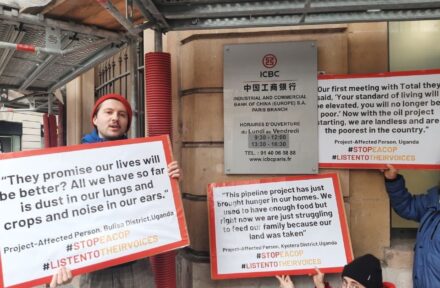
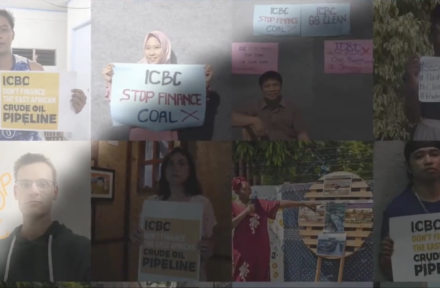
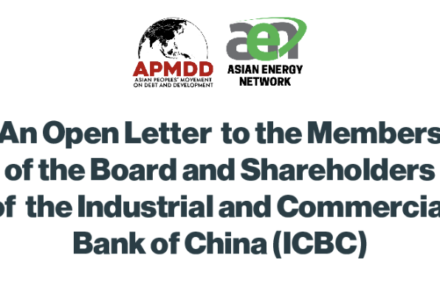
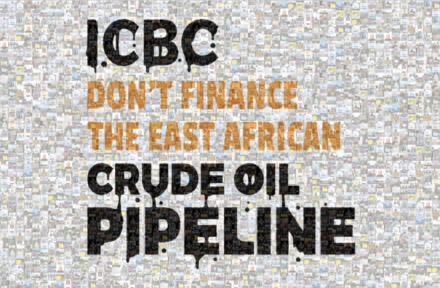
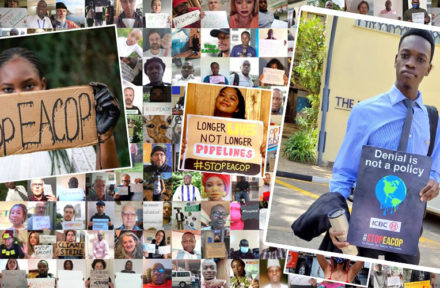
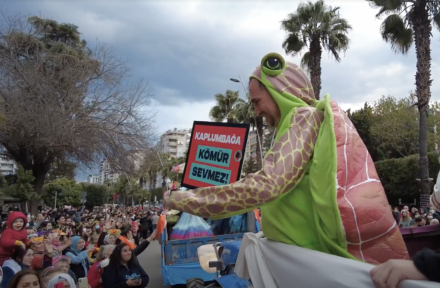
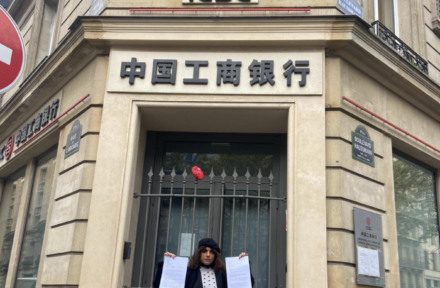
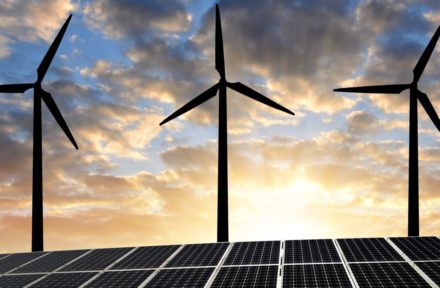
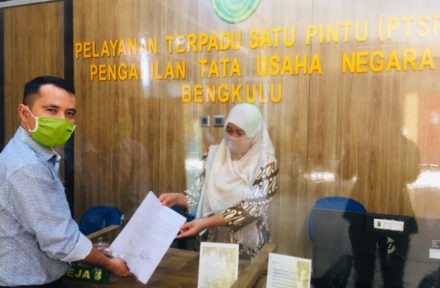
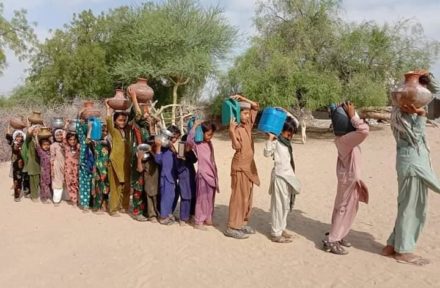
Share to spread the word